Reporting and Covid-19: A Webinar Series for Journalists
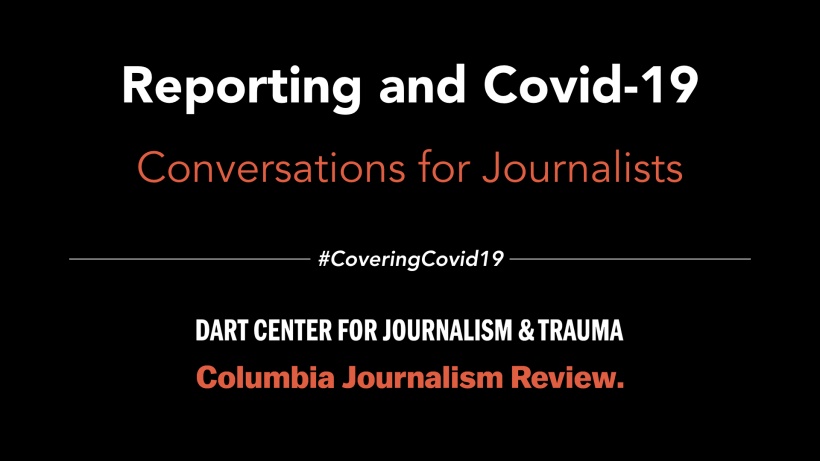
Join Columbia Journalism School’s Dart Center for Journalism and Trauma for a series of online conversations about the challenges of reporting amid the coronavirus pandemic. Led by Dart Center executive director Bruce Shapiro, we’ll take quick, deep dives with authoritative experts, news innovators and journalistic colleagues navigating the crisis at the local, regional and global level - sharing lessons learned, common struggles and innovative approaches. Co-sponsored by Columbia Journalism Review.
Click here for tips and tools from past webinar conversations.
Upcoming Conversations TBA
Past Conversations
Covering Covid-19 on a State and Local Level
Tuesday, March 24, 2020
1:00 - 2:00pm EDT
Guest: Irwin Redlener, MD, Director, National Center for Disaster Preparedness, Earth Institute, Columbia University
Coronavirus is not only a global pandemic – it is a community-level crisis. How can local and regional reporting make a difference? What ground-level indicators and issues should we follow? How can reporters effectively assess local and state-level responses, or accurately cover the pandemic’s impact on families and children?
The Day the Pandemic Arrived: Reporting Lessons from America’s first hotspot
Thursday, March 26, 2020
2:00 - 3:00pm EDT
Guest: Florangela Davila, News Director, KNKX, Seattle
On January 21, the first case of covid-19 in the U.S. was confirmed in Washington State, and soon Seattle’s journalists found themselves at the center of the coronavirus maelstrom, covering a devastating community outbreak with international consequences while navigating their own safety and ethical concerns. What lessons can Seattle teach news teams in other communities as covid-19 arrives?
Learning from Past Pandemics: Bridging the Science Gap
Tuesday, March 31
2:00-3:00pm EDT
Guest: Caleb Hellerman, Documentary filmmaker, longtime supervising producer to Dr. Sanjay Gupta and CDC Fellow
As journalists, how can we best develop the right expert sources? How can we effectively bridge complicated medical science and public understanding?
Learning from Past Pandemics: Covering Ebola
Thursday, April 2
11:00am-12:00pm EDT
Guest: Jina Moore, Freelance Writer, Reporter, Producer
Coronavirus is creating unprecedented challenges the globe over, but it's not the first pandemic of this century. How does Covid-19 compare to pandemics like SARS and Ebola?
Watchdog Reporting on the Pandemic
Tuesday, April 7, 2020
3:00 - 4:00pm EDT
Guest: Aaron Glantz, Senior Reporter, Reveal from the Center for Investigative Reporting
A nuts-and-bolts discussion of how to report on public agencies and institutions through the coronavirus lens.
Check out Glantz's recent coverage on the VA and Covid-19:
- Trump says he’s protecting veterans. VA workers say they’re forced to work without safety precautions.
- Understaffed Veterans Affairs scrambles to confront COVID-19
Documenting Death: Obituaries in the time of Coronavirus
Tuesday April, 14, 2020
2:00pm EDT
Guest: Ari Goldman, Professor, Columbia Journalism School
With the death toll from Covid-19 climbing round the world, more and more journalists, especially local and regional reporters, will need to cover death in an acute and ongoing way. What do journalists need to know to meaningfully chronicle death on a large scale, and in their respective communities?
Self-Care and Peer Support
Thursday April, 16, 2020
5:00pm EDT
Guest: Cait McMahon, OAM, MAPS, Managing Director, Dart Centre Asia Pacific
For most journalists, Covid-19 is the biggest and perhaps most challenging news story they'll ever cover. How can journalists do their jobs while taking care of themselves?
Photojournalism and Covid-19: Ethics, Craft and Safety
Tuesday, April 21, 2020
4:00 - 5:00pm EDT
Guest: John Moore, Senior Staff Photographer and Special Correspondent, Getty Images
Filmmaking and Covid-19: Ethics, Craft and Safety
Thursday, April 23, 2020
11:00am - 12:00pm EDT
Guest: Francesca Tosarelli, Independent Filmmaker and Photographer
Information Security and Covid-19
Thursday April 30, 2020
4:00 - 5:00pm EDT
Guest: Jennifer Henrichsen, Annenberg School for Communication
Tips and tools to bolster your digital security. Practical strategies to prepare for and respond to online harassment.
Coronavirus and Social Justice Reporting: Dispatch from Texas
Thursday, May 7, 2020
12:00 - 1:00 pm EDT
Guest: Dianne Solis, Senior Immigration Reporter, Dallas Morning News
How do journalists build trust with sources being held in detention? What kinds of stories should reporters be looking for at this point in the crisis, and as it extends into the summer and beyond?
Read some of Dianne's recent work:
- Immigrant detention center in North Texas erupts in COVID-19 cases
- Millions of U.S. citizens won’t get help from stimulus checks because their spouses or parents are unauthorized immigrants
Safety Know-How for Journalists and the Public Alike
Wednesday, May 20, 2020
11:00am - 12:00pm EDT
Guest: Judith Matloff, author of "How to Drag a Body and Other Safety Tips You Hope to Never Need"
From cyber security, active shooter situations, and travel, to natural disasters and emotional resilience, Matloff will share tips that will give even the most anxious person a sense of control.
Check out some of Matloff's recent work here:
- Advice From a Crisis Expert on Surviving a Lockdown, NYT
- Covering anti-lockdown protests: ‘Time, distance, and shielding’, CJR
The State of Young Children and Covid-19
Wednesday, May 27, 2020
11:30am - 12:30pm EDT
Guest: Cecilia Vaca Jones, Executive Director, The Bernard van Leer Foundation and former Minister of Social Development, Ecuador
What are the challenges facing young children and their caregivers today, and what approaches are being employed around the world to address those in greatest need?
Involving Children and Families in Your Reporting
Friday May 29, 2020
11:30am - 12:30pm EDT
Guest: John Woodrow Cox, Enterprise Reporter, The Washington Post
How can journalists most effectively report on children who have experienced trauma? John Woodrow Cox, winner of the 2018 Dart Award, will discuss his experience covering children and offer advice on how to tell their stories ethically and impactfully.
Building Resiliency: What Science Can Teach Us
Wednesday June 3, 2020
11:00am - 12:00pm EDT
Guest: Steve Southwick, MD, Professor of Psychiatry at the Yale Medical School and at the Yale Child Study Center, Adjunct Professor at the Mount Sinai School of Medicine, and Medical Director of the Clinical Neurosciences Division of the National Center for Posttraumatic Stress Disorder
Read some of Dr. Southwick's recent work here:
- The Loss of a Sense of Control as a Major Contributor to Physician Burnout
- The Loss of Social Connectedness as a Major Contributor to Physician Burnout
Reporting on Aging and Covid-19
Tuesday June 9, 2020
1:00 - 2:00pm EDT
Guest: Linda P. Fried, MD, MPH, Dean and DeLamar Professor of Public Health Practice, Columbia University Mailman School of Public Health; Senior Vice President, Columbia University Medical Center
The elderly are at higher risk of contracting Covid-19, and more likely to die from the disease. Public health measures, like social distancing, only exacerbate the loneliness and isolation that a high percentage of older people experience in the best of times. What do journalists need to know to tell stories of aging today?
Reporting on Race and Criminal Justice
Thursday, June 11, 2020
10:00 - 11:00am EDT
Guest: Mark Rochester, Editor in Chief, Type Investigations
Speaker Bios
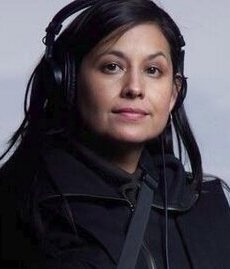
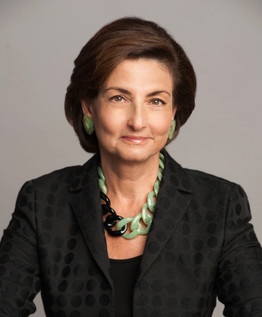
Fried is the recipient of numerous awards, most recently the 2018 Crain’s Notable Women in Health Care and The 2016 Inserm International Prize in Medical Research. Other honors include Fondation IPSEN's 2012 Longevity Prize and the Alliance for Aging Research's inaugural 2011 "Silver Innovator Award" and their 2012 Silver Scholar Award. In 2004, the U.S. Congress named her a Living Legend in Medicine. In 2012, Fried was also profiled by The New York Times as one of 15 world leaders in science. Global publisher Thomson Reuters named her "one of the top percent of the most influential scientific minds of the past decade" in 2014.
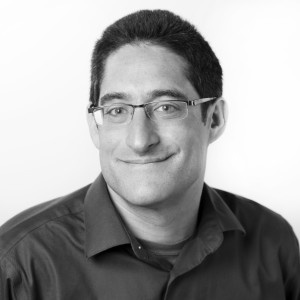

Goldman carried those lessons with him to a second career as a professor at Columbia University’s prestigious Graduate School of Journalism, where he heads the Scripps Howard Program in Religion, Journalism and the Spiritual Life. He is the recipient of two Fulbright teaching fellowships and is the author of four books, including the best-seller “The Search for God at Harvard.”

After a 90s-era stint at CNN, he learned to dance the World News Polka on the overnight shift at ABC News. He was a writer for World News Tonight with Peter Jennings and later a writer and producer for Good Morning America, working alongside Charles Gibson and Diane Sawyer. At CNN, Hellerman covered breaking news and produced more than two dozen documentaries and special broadcasts.
In late 2014, Hellerman launched his own company, Curiosity Lane, to produce documentary films and other content with a focus on science and medicine. He’s worked with MOBProd on a variety of projects for the PBS NewsHour and WGBH/NOVA, and is currently producing a feature-length documentary about psychedelic medicine. He continues to write for a variety of online and print publications, including The Atlantic, NOVA Next, The Nation and CNN.com.
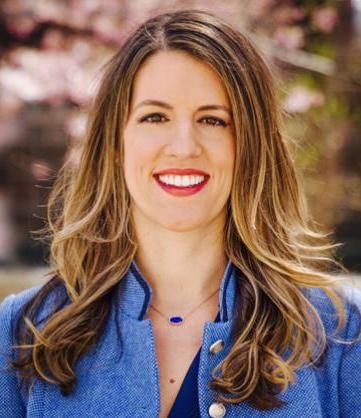
Recently she was the First Look Media Technology Fellow at the Reporter's Committee for Freedom of the Press in Washington, D.C. Previously, she was a Research Fellow and Program Coordinator for the Journalism After Snowden initiative at Columbia University's Tow Center for Digital Journalism. Henrichsen has been a consultant to UNESCO, where she completed a global research project(link is external) on digital security issues facing journalists and researched and wrote the 2017-2018 UNESCO World Trends in Freedom of Expression and Media Development regional report on Western Europe and North America.
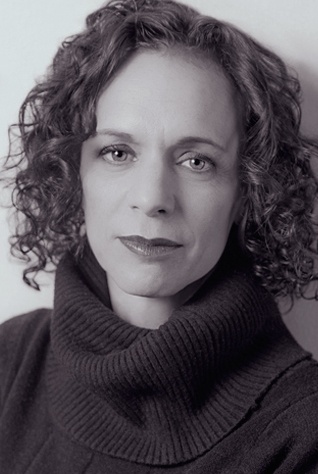
Over 40 years as a journalist, she has covered top international stories including Rwanda’s genocide, apartheid and the rise of Vladimir Putin. Her essays have appeared in The New York Times Magazine, Forbes, the Financial Times, The Los Angeles Times and The Wall Street Journal. Earlier in her career, Matloff headed the Moscow and Africa bureaus of the Christian Science Monitor and she spent a decade reporting for Reuters from various countries.
Matloff consults for leading organizations around the world, and has pioneered protocols for digital, gender and physical security. Clients have included NBC, the United Nations, the Society of Professional Journalists, Doc Society, Magnum, the State Department, the Knight Center for Journalism in the Americas, the International Women’s Media Foundation and the American Federation of Television and Radio Artists. Her training company, Security Rules LLC, offers workshops for a wide variety of dangerous situations.
Matloff’s latest book, How to Drag a Body and Other Safety Tips You Hope to Never Need, shares expert advice for nearly every conceivable peril. She earlier published No Friends but the Mountains, which drew a link between geography and conflict; Fragments of a Forgotten War, about Angola’s civil war; and Home Girl, which chronicled a Harlem street run by a drug gang.
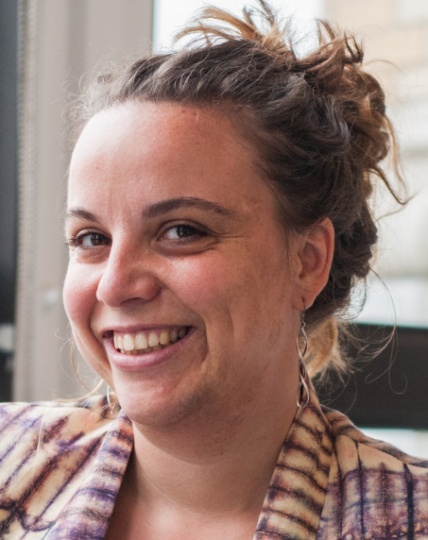
Moore has guest lectured and taught journalism courses at Columbia Journalism School, New York University, CUNY, the College of William and Mary, Boston University, Princeton University and others.

He has photographed in 65 countries on six continents and was posted internationally for 17 years, first to Nicaragua, then India, South Africa, Mexico, Egypt and Pakistan. Since returning to the U.S. in 2008 he has since focused on immigration and border issues.
Moore has won top awards throughout his career, including the 2005 Pulitzer Prize for Breaking News Photography, World Press Photo honors, the John Faber Award and the Robert Capa Gold Medal from the Overseas Press Club, Photographer of the Year from Pictures of the Year International, the NPPA and Sony World Photography Organization.
In March 2018 powerHouse Books published his book Undocumented: Immigration and the Militarization of the United States-Mexico Border. This work represents ten years of Moore's photojournalism on the issues of immigration and border security in the United States. The goal of the project was to take a comprehensive approach in humanizing the issue of immigration, which is often related in terms of statistics. Moore is a graduate of the University of Texas at Austin, where he studied Radio-Television-Film. He lives with his family in Stamford, Connecticut.
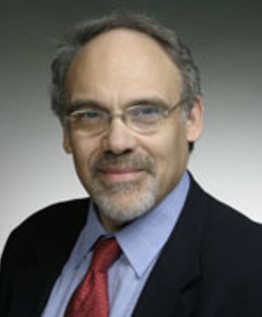
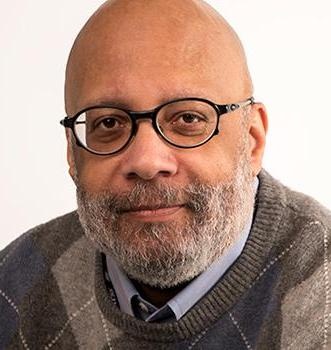

As a foreign correspondent with The Wall Street Journal and a Texas-based reporter with the Dallas Morning News, she’s written on narcotics, gangs and the impact of drug violence and corruption on ordinary people. She also has lectured on reporting in immigrant communities caught in the most significant crackdown in decades. She was a Nieman fellow at Harvard University.
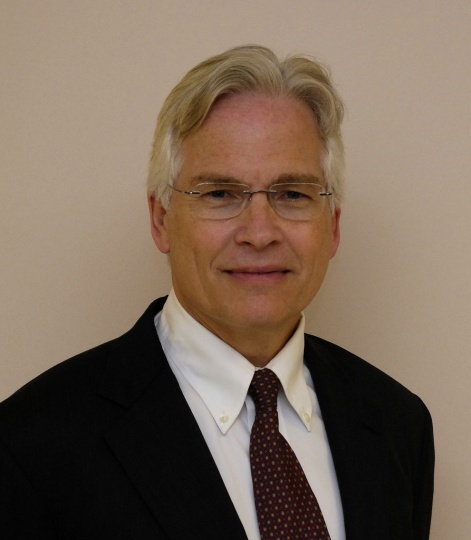

With her team, she is the winner of the the DIG Pitch 2019, which support them to produce the documentary film "Iraq without rivers".
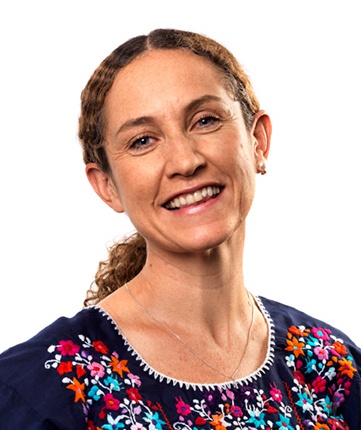
Over the years, she also held policy-making roles in various other Ecuadorian ministries — including the Ministry of Labour, the Ministry of Social Inclusion and the Ministry of Education — where she championed policies to improve the conditions of children, women and indigenous populations.
Amongst the most relevant policies she launched, it is important to highlight the cross-sectoral early childhood policy, bringing unpaid household workers into the social security system; eradicating child labour on rubbish dumps; and new laws on food labelling to help people make informed choices about their nutrition.
Beyond government, Cecilia has worked for civil society organisations such as CESTAS and Fundación Esquel, international organisations such as the Organization of American States and UNDP, and in academia: she was a part-time professor at the Pontifical Catholic University of Ecuador in Quito, and a Fellow on the Politics of Globalisation, Democratic Participation and Development Politics at Reed College in Portland, Oregon, USA.
Cecilia holds a masters degree in Social Policies for Sustainable Development from the University of Bologna, Italy, and a BA in International Relations from the Pontifical Catholic University in Ecuador. She is completing an executive master’s degree in cities from the London School of Economics, an 18-month programme for professionals in the public, private and third sectors who want to understand and deliver change in urban areas.
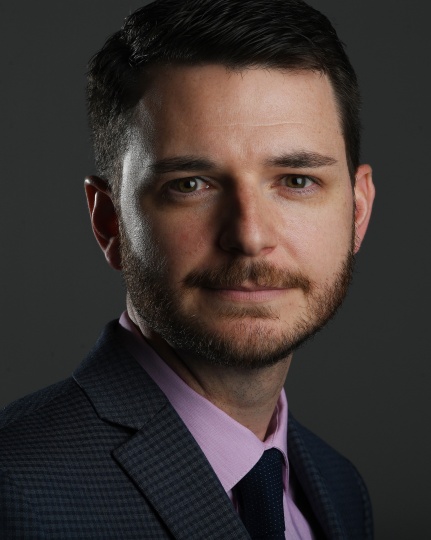
He has won Scripps Howard's Ernie Pyle Award for Human Interest Storytelling, the Dart Award for Excellence in Coverage of Trauma, Columbia Journalism School’s Meyer “Mike” Berger Award for human-interest reporting and the Education Writers Association's Hechinger Grand Prize for Distinguished Education Reporting. He has also been named a finalist for the Michael Kelly Award, the Online News Association's Investigative Data Journalism award and the Livingston Award for Young Journalists. In addition, his stories have been recognized by Mayborn's Best American Newspaper Narrative Writing Contest and the Society for Features Journalism, among others.